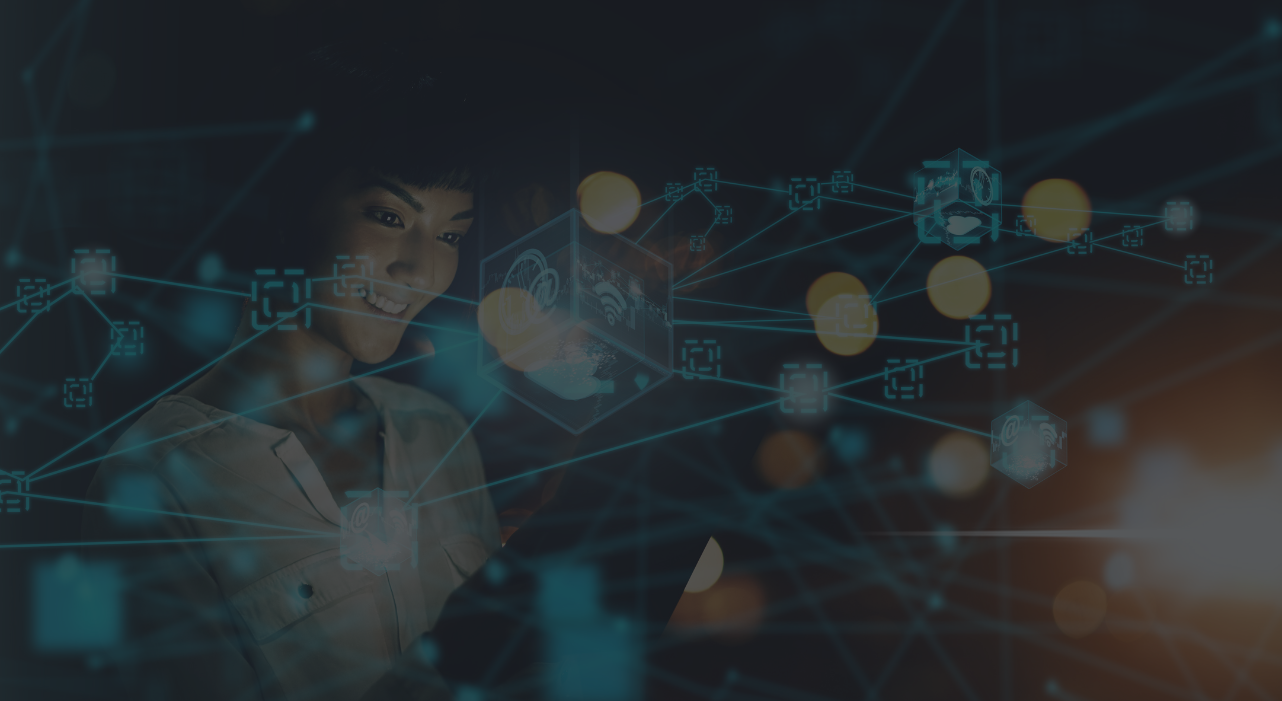
Artificial intelligence and digital markets have led to an obsession with the future, and what is to come for workplaces. New products and technologies emerge because of the current culture.
Data is extremely valuable to us. Currently, we live in a world where we share our data, and this is normalised, such as sharing our location, health stats and purchasing patterns, without thinking anything of it. The sharing of this data has become part of our identity.
Our technological market is led by a few powerful organisations that have developed information pipelines, creating the rise of the global digital culture.
In order to attempt to protect consumer data, policymakers are finding it difficult to counteract misinformation as well as using social networks for malicious ends.
Policymakers are examining how technology is being applied, instead of the values and views that are inside the platforms themselves.
The sharing of data has become part of our identity, where we share our private information on our devices without thinking of the consequences, meaning that we are living in digital intimacy.
Technology allows the global exchange of ideas, as well as offers values and normalities that influence our behaviour in society.
Each of us uses online systems such as Twitter and Facebook, becoming creators in bringing this vision to life.
In order to predict a better future, we need to invest in a better today. This means that less focus needs to be had on what is to come, and more focus needs to be placed on how we can improve our systems in the current moment.
Rather than questioning whether AI will be beneficial or detrimental to our future, we should be focusing on how we can use AI in a positive manner to positively impact our society now.
By the same token, experts need to bear in mind the impact of encouraging young people to focus on STEM careers, such as science, technology, engineering and maths instead of focusing on the creative arts. It needs to be questioned what impact this will have on our future society and generation. Will the impact be entirely positive? Whilst we may end up with a generation of excellent technical minds who are able to understand algorithms and code, they may not have a full understanding of the human context needed to deploy these skills effectively and ethically.
As a result of the changes we are making today, we may find that we create a world that prioritises technology over empathy. In our current climate, businesses are already finding it difficult to deal with unintentional biases and the consequences these biases lead to.
Final Thoughts
When developing AI technologies, we need to be cautious about what information we pass on to this artificial intelligence and the ways in which we teach these machines to interpret our complicated world. If we aren’t cautious, we could pass on some unintentional biases to these machines, which will negatively impact our future.
What’s great is that it is not too late for us to implement changes which will positively impact our future. Our future needs to be protected from unequal standards.